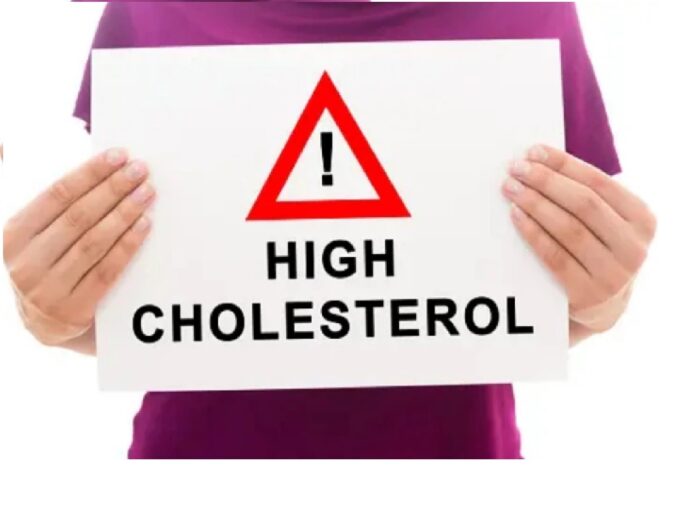Understanding the intricate workings of your body becomes essential in a society where keeping good health is critical. We must pay attention to high cholesterol, a common but possibly dangerous illness. Even though it might not immediately show symptoms, high cholesterol levels might have negative effects that can be very serious. This in-depth book explores the many facets of high cholesterol symptoms, their effects, and the precautions you may take to protect your health.
High Cholesterol’s Sneaky Nature
The silent nature of high cholesterol is both intriguing and alarming. In contrast to many health problems that have obvious symptoms, high cholesterol frequently functions covertly, harming slowly and without any obvious warning signs. This is why it’s so important to monitor your cholesterol levels proactively.
Recognizing the Offender: LDL Cholesterol
Low-density lipoprotein (LDL) cholesterol, also known as “bad cholesterol,” has a big impact on your chances of developing health problems. This waxy substance can build up in your arteries and result in the development of plaque. This accumulation over time can make your arteries narrow and restrict blood flow, which raises your risk of heart attacks and strokes.
The Relationship Between Cholesterol and Lifestyle
High cholesterol can have inherited causes, but lifestyle factors are frequently more important. The good news is that these factors may be changed. Poor eating habits, inactivity, and smoking can all raise cholesterol levels.
The beast of cholesterol in check
A comprehensive strategy is required to combat excessive cholesterol. LDL cholesterol can be greatly reduced by eating a well-balanced diet high in fiber, omega-3 fatty acids, and antioxidants. Regular exercise not only strengthens your cardiovascular system but also lowers your cholesterol. Medical experts may occasionally advise taking medication to better control cholesterol levels.
Understanding the Red Flags
The warning signals of excessive cholesterol might appear in several places of your body. Keep an eye out for the following signs:
1. Leg symptoms of high cholesterol
Cholesterol-related arterial blockages can cause numbness, cramps, slow-healing sores, and a tingling sensation in your legs and feet. These signs emphasize how crucial it is to deal with cholesterol problems right away.
2. Signs of High Cholesterol in the Nails
Black lines may appear under your nails as a result of narrowed arteries brought on by plaque accumulation. The moment you notice this symptom, you should act to control your cholesterol levels.
3. Arterial Signs of High Cholesterol
Your arteries that feed blood to your essential organs can also develop plaque formation; it is not just restricted to your limbs. Understanding your vulnerability to heart attacks and strokes may inspire you to give cholesterol control first priority.
4. Signs of High Cholesterol in the Eyes
High cholesterol can cause xanthelasmas, or yellowish fat deposits, to form on your eyelids. These visual signals can act as a prompt to address issues about cholesterol.
5. Tongue Symptoms of High Cholesterol
Your cholesterol levels can even be determined by the color of your tongue. A potentially warning sign is a hairy tongue, which is characterized by swollen and discolored papillae.
7. Knowledge Is Power: Empowerment
You have the advantage in defending your health by being familiar with the warning symptoms of high cholesterol and paying attention to what your body is telling you. Regular medical exams and blood testing can help with early detection and prompt action.
8. collaborating with medical professionals
An essential ally in controlling high cholesterol is your doctor. They can offer individualized guidance, suggest suitable lifestyle changes, and, if required, prescribe medicine. Consultations on a regular basis help you maintain your progress toward ideal cholesterol levels.
Toward Wellness: Your Health, Your Responsibility
Even if high cholesterol has a mild beginning, the potential repercussions are too serious to be disregarded. The warning indications that your body might give off that indicate the necessity for cholesterol management have been enlightened by this thorough guide. You give yourself the power to live a better, heart-aware life by taking action through dietary changes, physical activity, and medical assistance.


